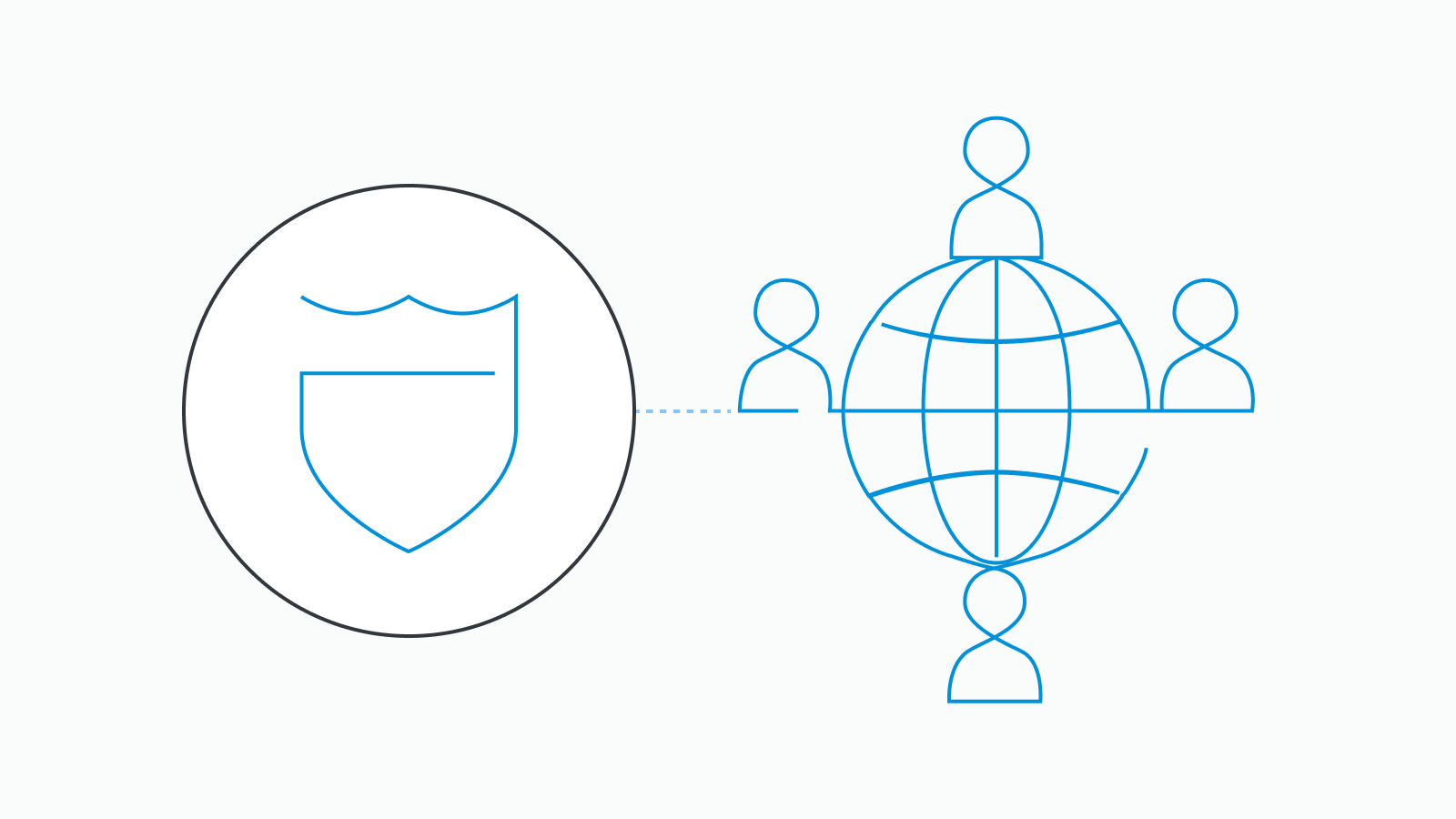The importance of validation services in financial transactions
21 October 2024
As global digital transactions become more prevalent, ensuring that payments are secure and accurate is critical. Validation services encompass a suite of tools and processes that authenticates critical details—whether about accounts, entities, or identities—before financial transactions take place. These services can help confirm the legitimacy of accounts, organizations, or individuals involved in a transaction, mitigating risks associated with fraud and misdirected payments.
This can help businesses confirm the accuracy of recipient accounts before payments are made, helping to ensure funds are securely transferred.
Why are validation services essential?
- Fraud prevention: Financial fraud, including account takeover and synthetic identities, poses a significant threat to global businesses. Validation services help mitigate this risk by verifying recipient accounts across multiple data sources until a positive/negative match is found or the data sources are exhausted, helping to verify legitimacy and reducing the likelihood of fraudulent transactions.
- Payment accuracy: Incorrect account details or errors in payment processing can result in costly delays, reprocessing fees, and frustration for both the payer and the payee. Validation services ensure that account details are correct before payments are initiated, significantly reducing the chance of errors.
- Operational efficiency: By automating the verification of account and entity details, validation services reduce the manual labor and time required for processing payments. This increases operational efficiency and allows businesses to focus on more value-added tasks rather than reprocessing failed payments.
Key types of validation services
- Account validation: Legitimacy of a recipient's bank account before a transaction occurs, confirming details such as account ownership, status, and bank identification. This process helps businesses avoid sending payments to incorrect or fraudulent accounts, reducing payment failures and improving transaction efficiency.
- Entity validation: Similarly, individual identity validation is crucial in financial services to ensure the authenticity and accuracy of an individual's identity. This process involves verifying government-issued IDs, names, dates of birth, and addresses. Both entity and individual validation are essential for maintaining transaction integrity, building trust, and enhancing operational efficiency through streamlined onboarding and risk management.
The broader impact of validation services
The rise in digital transactions, coupled with the global nature of business today, makes validation services a critical component of financial infrastructure. As e-commerce and digital payments grow, the risks of fraud, error, and regulatory breaches also increase. Validation services help businesses and financial institutions navigate these challenges by providing secure, and efficient payment processing.
Moreover, these services foster trust in financial relationships, helping businesses to confidently engage in transactions with both new and existing partners.
To learn more about how validation services can help enhance the security and efficiency of your financial transactions, check out this overview from J.P. Morgan Payments.